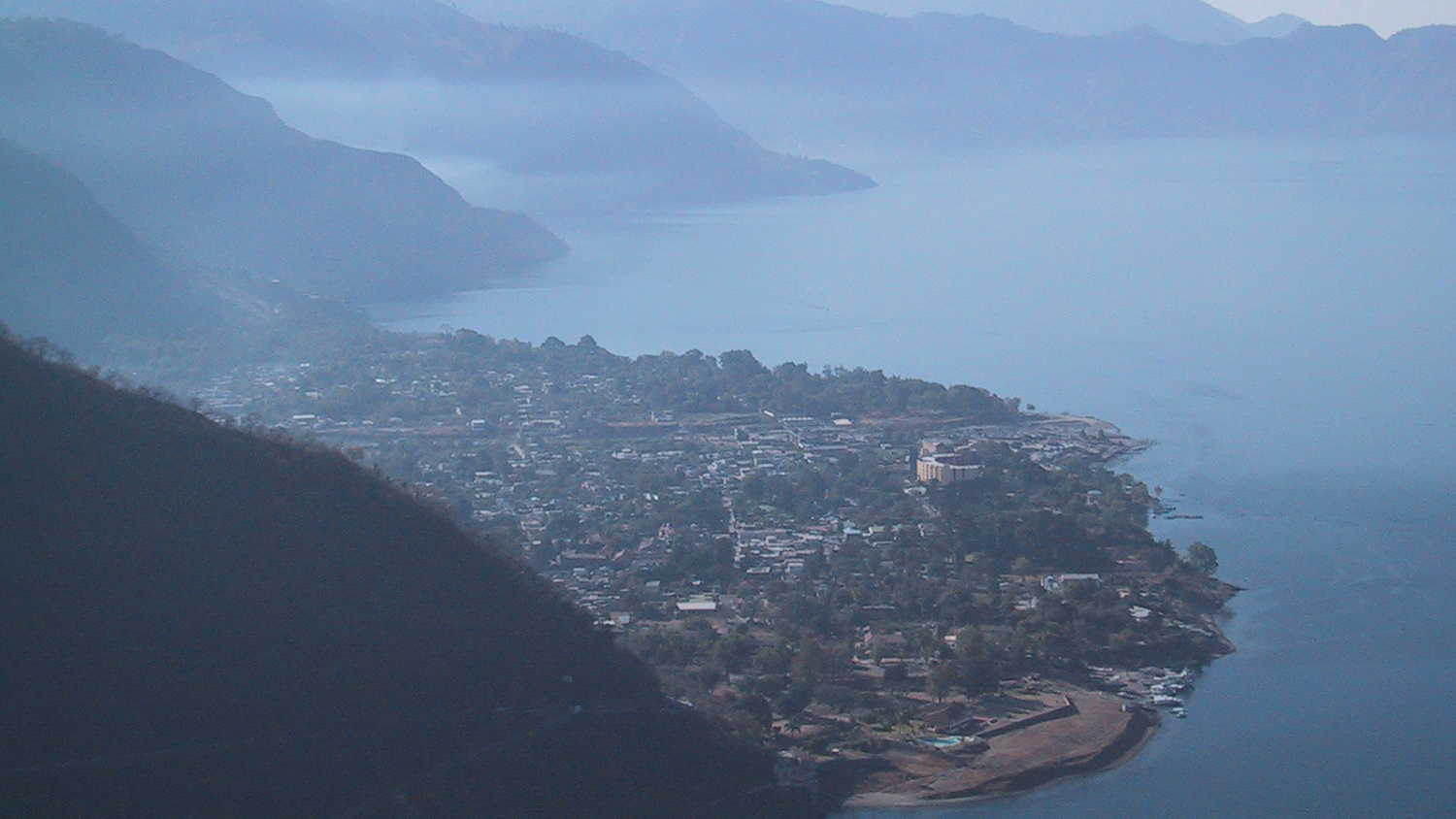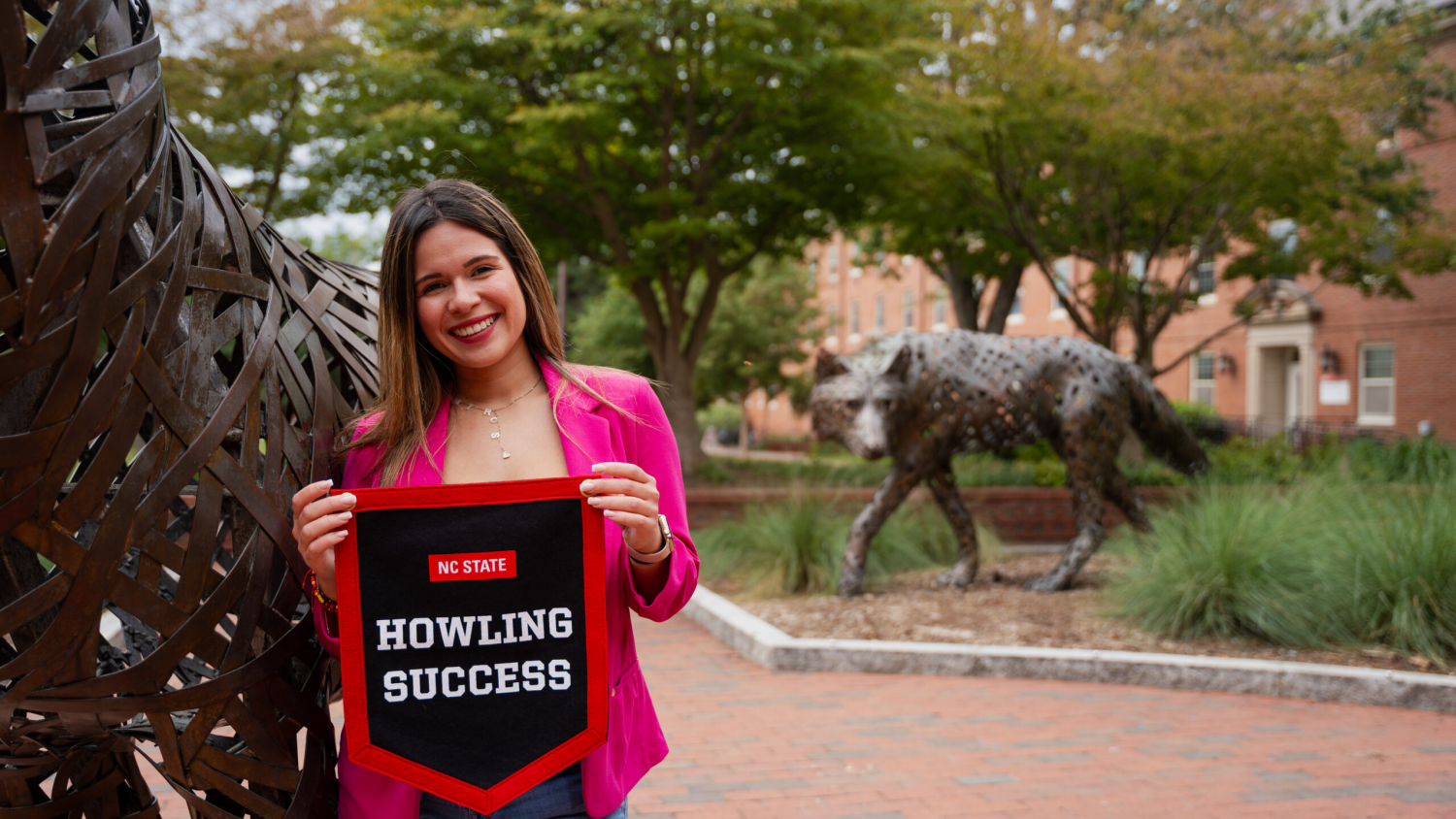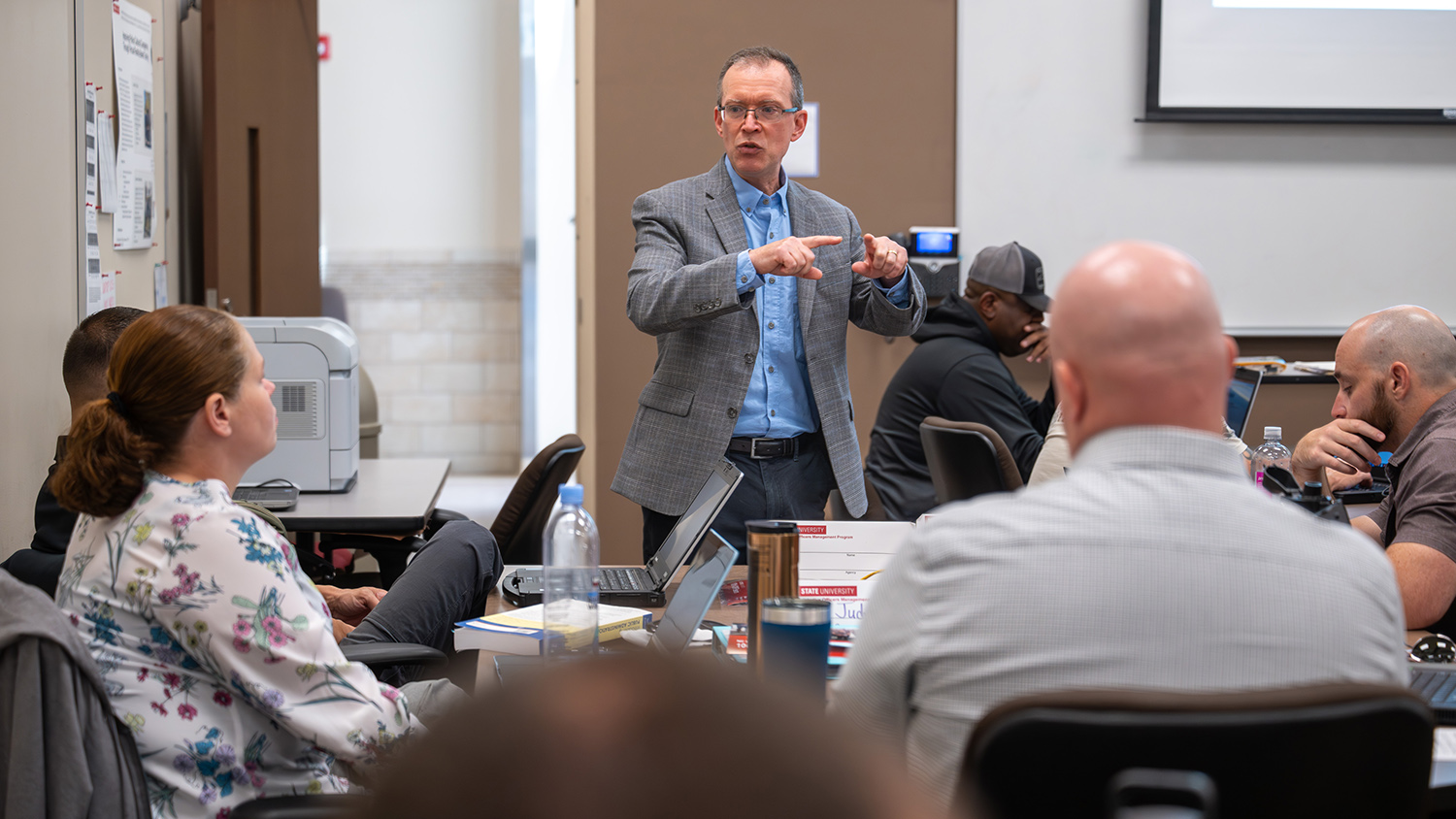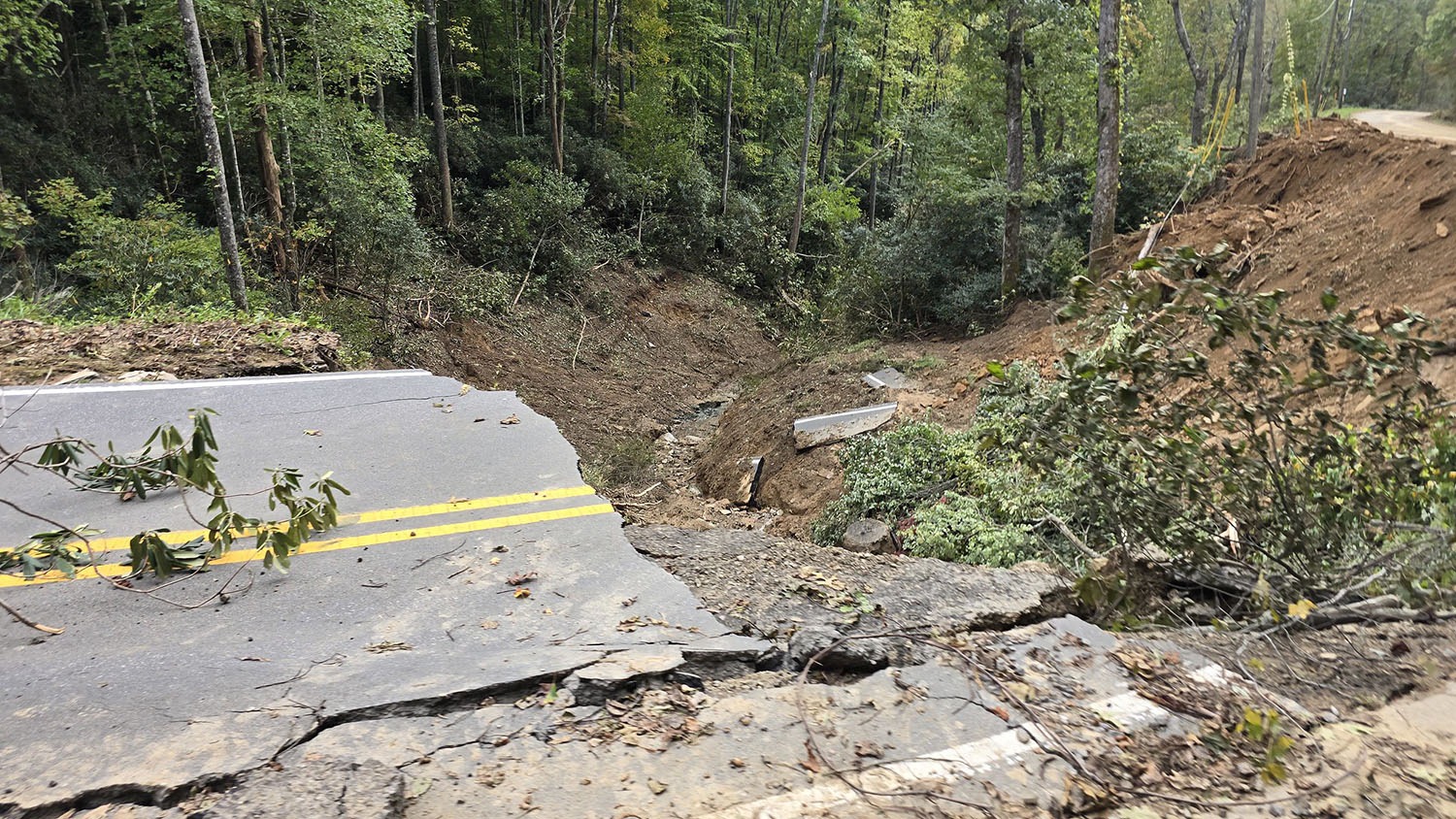Global Education in Guatemala

NC State’s Ethnographic Field School teaches students about the environmental, socio-economic and cultural impacts of tourism for a quarter century. The program, located in Lake Atitlán, Guatemala, gives participants the opportunity to conduct independent research and gain cultural competency in an increasingly global society.

Tim Wallace recently left for his seventeenth summer conducting the nearly eight-week program, his last in an NC State career that began in 1974. The associate professor in the Department of Sociology and Anthropology plans to retire in the near future after impacting the educational careers and lives of hundreds of students.
“When I started the program, I wanted to provide undergraduates with a hands-on introduction to ethnographic research,” said Wallace. “By the end of their time in Guatemala, the students have gained a greater sense of all aspects of qualitative research, and many go on to further education and careers in the field.”
Students in the Ethnographic Field School live with an indigenous family in the Lake Atitlán area of the Western Highlands. During their stay, they learn the fundamentals of ethnographic fieldwork, including project design and management, data collection and report writing.
Wallace helps students work with local Maya to understand the key issues arising from globalization and change in Guatemala. He encourages students to present their research at symposia and annual applied anthropology meetings to give them a well-rounded experience.
“Dr. Wallace has been an incredibly supportive and encouraging professor throughout my time at NC State, and I had a great experience in the Ethnographic Field School” said Jack McKenzie, ‘18, B.S. Biological Sciences. “I definitely grew my level of self-confidence because I lived in a small, isolated foreign community for eight weeks and conducted research in my only partially fluent second language. I departed with a solid understanding of basic ethnographic research techniques and how to apply them to gather data quickly. Also, I felt more culturally competent and equipped to interact with diverse populations in my chosen field of study (medicine).”
McKenzie echoes the sentiments of other participants impacted by Wallace’s program leadership. Students return from their time in the program with a true sense of what it means to be a global citizen, live in a country that is radically different from your own, where people don’t have the same access to the same level of resources.
Wallace and his students have gathered 17 years of data on the views and impact of education, politics, health, ideology/religion and more on local Guatemalan communities. The data — and more importantly, the overall experiences — shape students in unique ways.
Claire Mellot, a junior in industrial engineering, wrote an ethnography about the health care system in Santiago. She visited health care facilities, talked to community members, and interviewed doctors and nonprofit workers. She also researched the biomedical health care facilities in Santiago, and the thoughts and beliefs the community members had about those facilities.
“My biggest takeaway was how amazing being out of your comfort zone can be. It really changes your perspective and helps you learn and grow in unique and exciting ways,” said Mellot. “This experience showed me that you don’t have to be an expert or novice in something to accomplish amazing things.”
Host families and Guatemalan communities also benefit from the economic impact of the program. Wallace estimates a local economic benefit of more than $500,000 from past student fees associated with the program. Benefits for students go beyond the initial travel experience.
“Over time, I realized ethnographic research and qualitative methods is really useful for anyone — having those basic skills, knowing how to ask questions and what types of questions to ask, and how to go about finding answers — is important,” said Wallace. “Finding out how people see their world and how they act in their community is important in any field. Over the course of its history, the Ethnographic Field Program has made students more human and better prepared for the next stage in their careers.”
This post was originally published in Office of Global Engagement.


